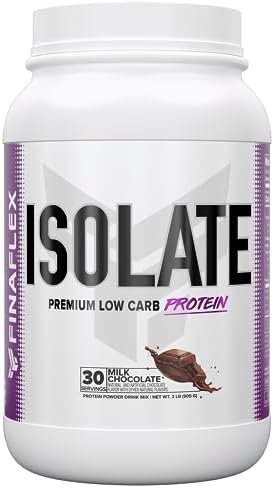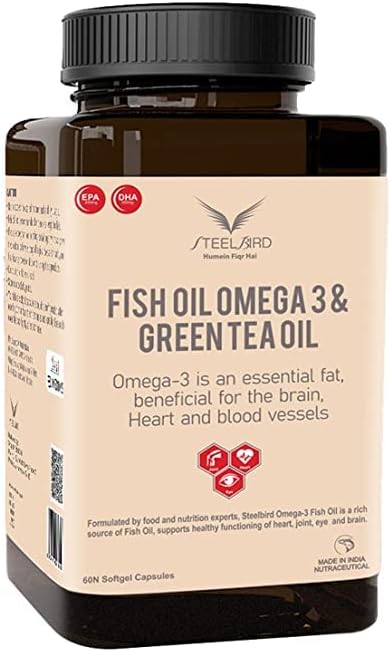[ad_1]
Fatty acids are a crucial component of a healthy diet and play a vital role in supporting overall well-being. Among the many positive effects they have on the body, their impact on mood and mental health is particularly noteworthy. Numerous studies have shown that incorporating fatty acids into our diet can have several beneficial effects on our emotional well-being and cognitive function.
Omega-3 fatty acids, in particular, have gained significant attention for their positive influence on mental health. These essential fats are found in oily fish such as salmon, mackerel, and sardines, as well as in walnuts, flaxseeds, and chia seeds. Omega-3s are known to support brain health and play a vital role in the normal functioning of neurotransmitters, the chemicals that transmit signals between brain cells.
Research has consistently shown that individuals who consume adequate amounts of omega-3 fatty acids have a lower risk of developing depressive symptoms. Various studies have demonstrated that supplementing with omega-3s can reduce symptoms of mild to moderate depression and anxiety. Moreover, individuals diagnosed with major depressive disorder have been found to have lower levels of omega-3s in their blood than those without the condition.
Furthermore, omega-3 fatty acids show promise in improving cognitive function. Several studies have found that higher levels of omega-3s in the blood are associated with better cognitive performance, reduced risk of cognitive decline with aging, and even a lower incidence of neurodegenerative diseases such as Alzheimer’s.
In addition to omega-3s, other types of fatty acids, such as omega-6 and monounsaturated fats, can also support mental health. Omega-6 fatty acids, found in various vegetable oils and nuts, play a critical role in brain development and function. They contribute to the formation of cell membranes and are involved in the production of neurotransmitters.
Monounsaturated fats, found in olive oil, avocados, and nuts, promote brain health by supporting the growth and maintenance of brain cells. They are also known for their anti-inflammatory properties, which can further safeguard against mental illnesses, including depression and anxiety.
It is important to note that striking a balance between different types of fatty acids is crucial, as an imbalance may have adverse effects on mental health. Western diets, with their heavy reliance on processed and fast food, often lead to an overconsumption of omega-6 fatty acids at the expense of omega-3s. This imbalance has been implicated in higher rates of inflammatory and psychiatric disorders.
Incorporating more omega-3-rich foods into our diet and reducing processed food and unhealthy fat intake can help restore the balance and optimize our mental well-being. However, in cases where it is challenging to obtain sufficient fatty acids from diet alone, supplements can be considered. Fish oil supplements, for example, are a popular choice for those seeking to increase their omega-3 intake.
In conclusion, the beneficial effects of fatty acids on mood and mental health cannot be overstated. Omega-3 fatty acids, along with other types of healthy fats, offer significant support for emotional well-being and cognitive function. By prioritizing a balanced diet rich in omega-3s and other essential fats, we can nourish not only our bodies but also our minds for optimal mental health.
[ad_2]















